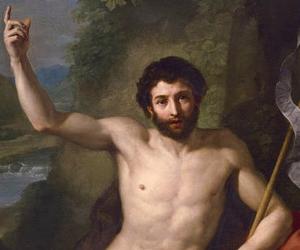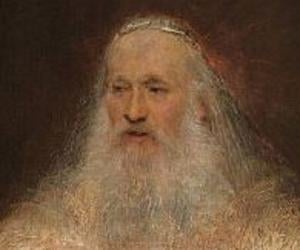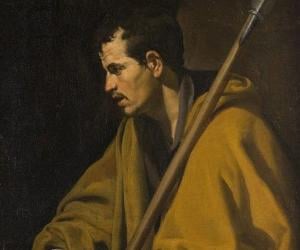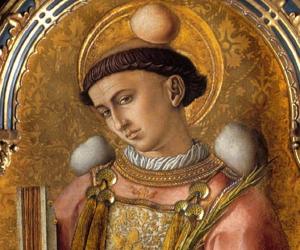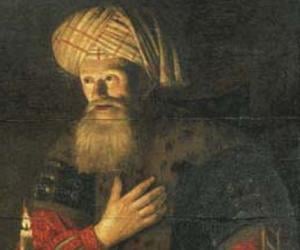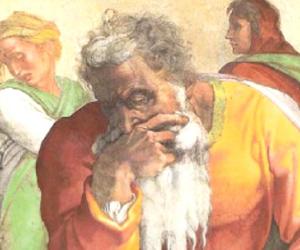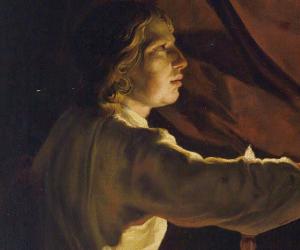Leah
(Daughter of Laban)
Leah, according to the ‘Hebrew Bible,’ was the daughter of Laban. She and her younger sister, Rachel, were both wives of Hebrew patriarch Jacob. She bore Jacob six sons, whose descendants gave rise to six of the Twelve Tribes of Israel. She had a daughter named Dinah, too. The fourth son of Jacob and Leah, Judah, was the founder of the Tribe of Judah. The ‘New Testament’ mentions that Jesus belonged to the Tribe of Judah. Leah was married off to Jacob by his father through deception. It is believed Laban had initially agreed to Jacob’s alliance with his younger daughter, Rachel. However, he later switched Rachel with Leah, without Jacob’s knowledge. Rachel, too, got married to Jacob later. Thus, Jacob, Leah, and Rachel created a biblical love triangle. Rachel was said to be physically more attractive than Leah. However, the fact that Leah bore a son who was the antecedent of Jesus Christ is believed to be symbolic of the fact that inner beauty eventually wins over superficial attractiveness. In medieval Christian symbolism, Leah is considered to be the symbol of non-monastic life.
0
0
0
0

